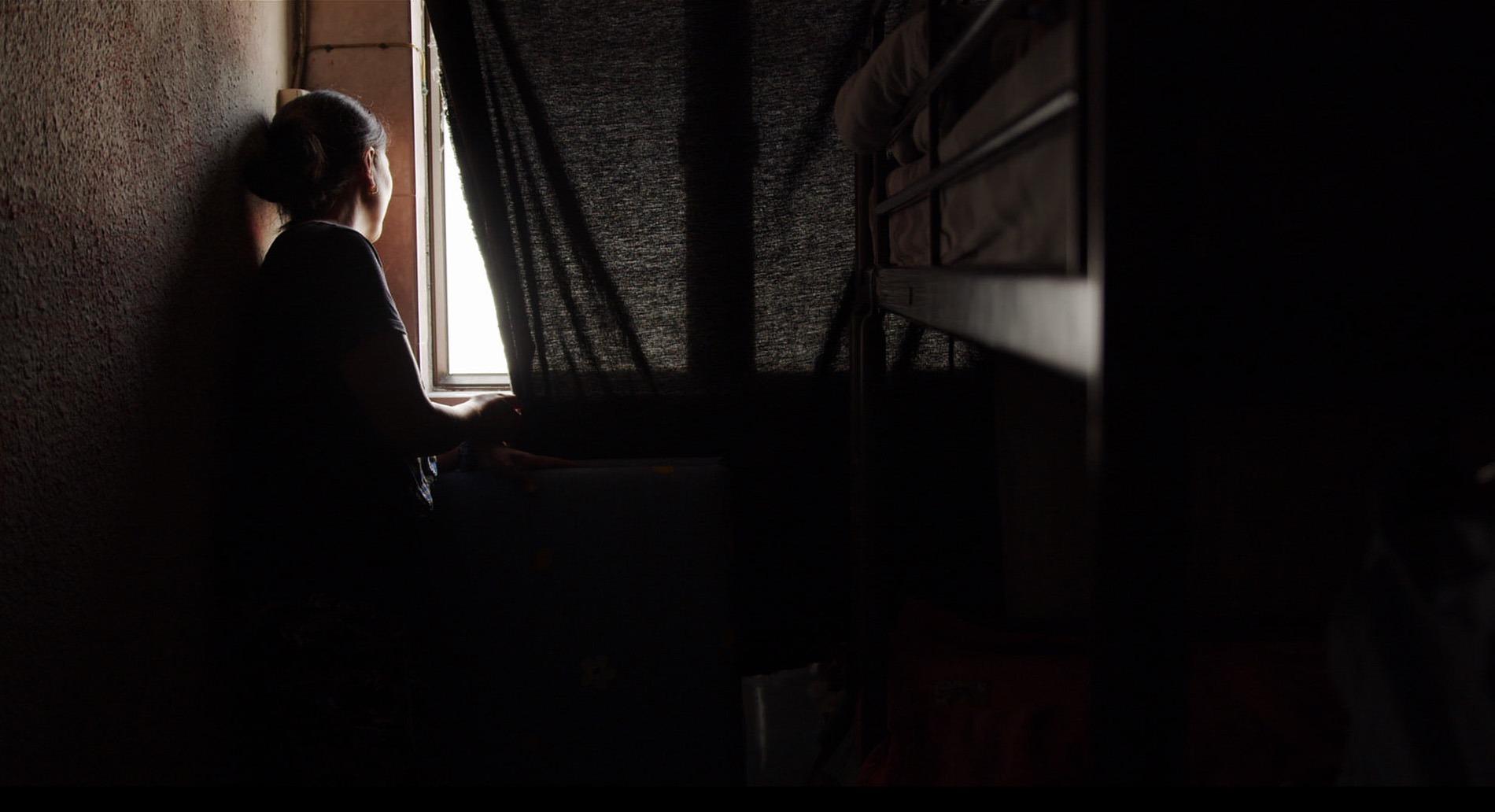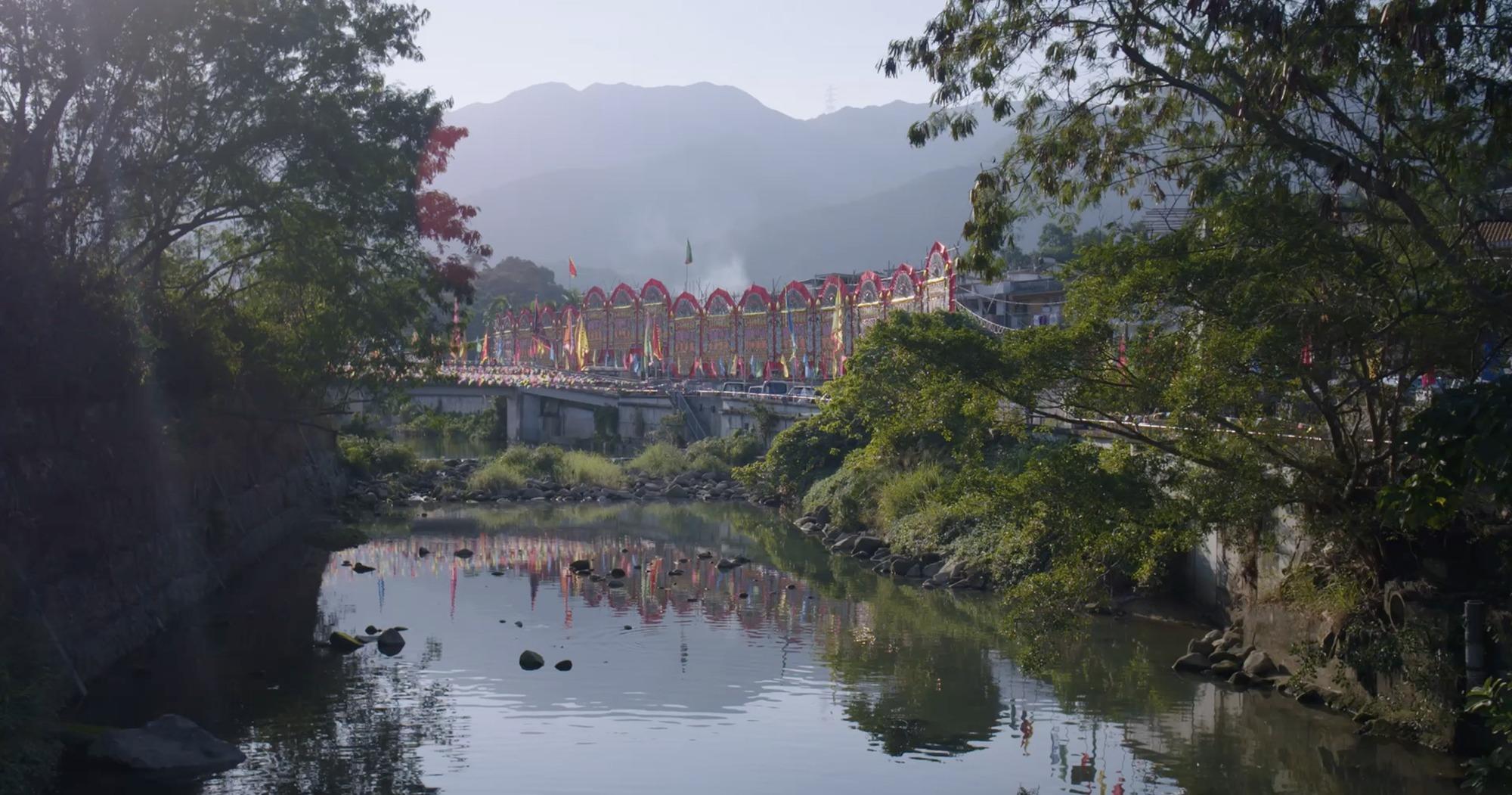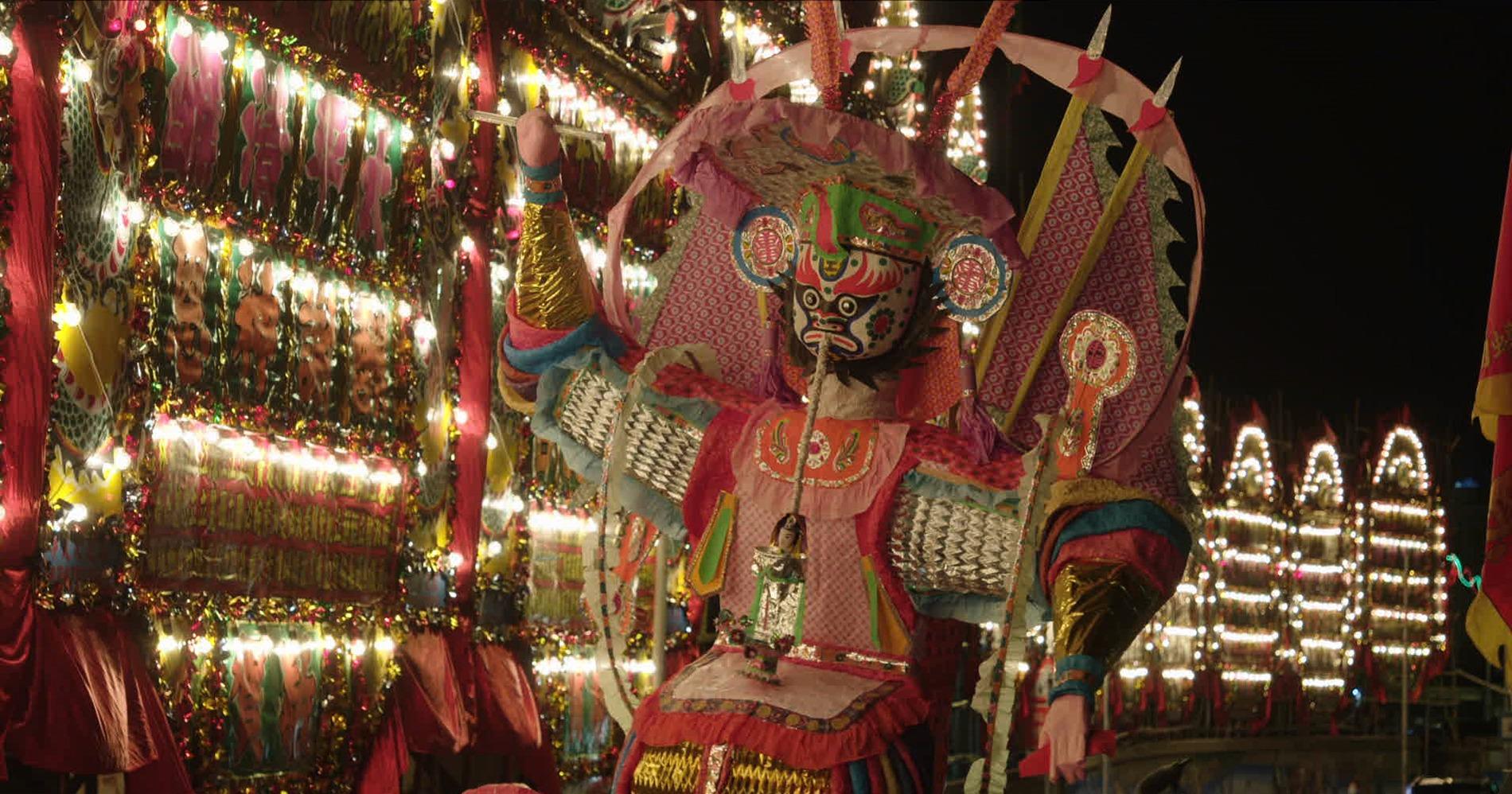 Winter Chants, written and directed by Tsang Tsui-shan. Hong Kong, 102 minutes, IIB. Opened March 14. (PROVIDED TO CHINA DAILY)
Winter Chants, written and directed by Tsang Tsui-shan. Hong Kong, 102 minutes, IIB. Opened March 14. (PROVIDED TO CHINA DAILY)
The COVID-19 pandemic has proved to be truly galvanizing for many people around the world. Few events in recent memory have connected people everywhere quite the way the pandemic did, for a laundry list of reasons, hence movie-goers should expect it to be a recurring plot point in the foreseeable future.
Set against the backdrop of the pandemic, Hong Kong filmmaker Jessey Tsang Tsui-shan’s latest documentary, Winter Chants, is thematically linked to her body of work in that it asks questions about the fundamental nature of home, family and connection.
READ MORE: Hong Kong International Film Festival to return this month
Tsang’s films have always been intensely personal. Her first feature Lovers on the Road (2008) is about a woman who, having relocated to Beijing with her partner, feels a sense of disconnect with the city. The first of her three films shot in — and very much about — her home village of Ho Chung, in Sai Kung, is Big Blue Lake (2011). That film focuses on a woman returning to her origins, and was followed by Tsang’s first documentary about the village, its history and its march toward modernity — 2014’s Flowing Stories.
 Winter Chants, written and directed by Tsang Tsui-shan. Hong Kong, 102 minutes, IIB. Opened March 14. (PROVIDED TO CHINA DAILY)
Winter Chants, written and directed by Tsang Tsui-shan. Hong Kong, 102 minutes, IIB. Opened March 14. (PROVIDED TO CHINA DAILY)
Central to Stories is the Tai Ping Ching Chiu Festival — a Daoist observance rooted in blessings for harmony and peace. It’s a regular event at many similar villages scattered around Hong Kong; Cheung Chau’s annual Bun Festival being one of the most recognizable.
Every 10 years, its Ho Chung iteration is also observed as an occasion for people with roots in the village and scattered across the globe — for reasons of work, school, marriage or retirement — to come back and reconnect with friends and family. The last such event was scheduled in 2020.
It goes without saying that observing an inherently social event at the height of the pandemic presented a challenge. At the same time, over the one-year period that the film was shot, the pandemic provided a thematic undercurrent that connects Winter Chants to Tsang’s other films. When the film starts, the pandemic is yet to exert itself and no one foresees Hong Kong being cut off from the rest of the world. Once that happens, the festival organizers and residents are forced to choose between cancelling the event and getting creative and carrying on. They choose the latter.
 Winter Chants, written and directed by Tsang Tsui-shan. Hong Kong, 102 minutes, IIB. Opened March 14. (PROVIDED TO CHINA DAILY)
Winter Chants, written and directed by Tsang Tsui-shan. Hong Kong, 102 minutes, IIB. Opened March 14. (PROVIDED TO CHINA DAILY)
Tsang focuses on a small group of Ho Chung residents impacted by the resulting isolation — the village chief doing his best to scrape together the tiny budget for the festival; 20-something twin brothers who decide to help mount the festival regardless of social distancing rules and the hurdles such rules create they throw up; a retiree whose sprawling clan is barred from participating because of the travel restrictions; and a domestic worker unable to go home to the Philippines.
ALSO READ: Mixed bag of goodies awaits moviegoers in 2024
Taken individually, their stories are moderately compelling, if somewhat familiar. The twins aren’t the only millennials interested in heritage. Thousands of domestic helpers were stranded far from their own families that year. But taken as a whole, and combined with Tsang’s frequent cinematographer Jam Yau Chung-yip’s (Ricky Ko’s Time) unfettered observations, Winter Chants transforms into a lyrical and bittersweet ode to Ho Chung, and other villages that along with their traditions are being swallowed by progress. There’s an intimate authenticity to the Tai Ping Ching Chiu Festival as filtered through Tsang’s lens, as well as hopefulness for its future. In 2020, the festival wound up being even more important as a vehicle for reunion when so many were forced out of touch, more or less ensuring that it’s going to be back in 2030.


